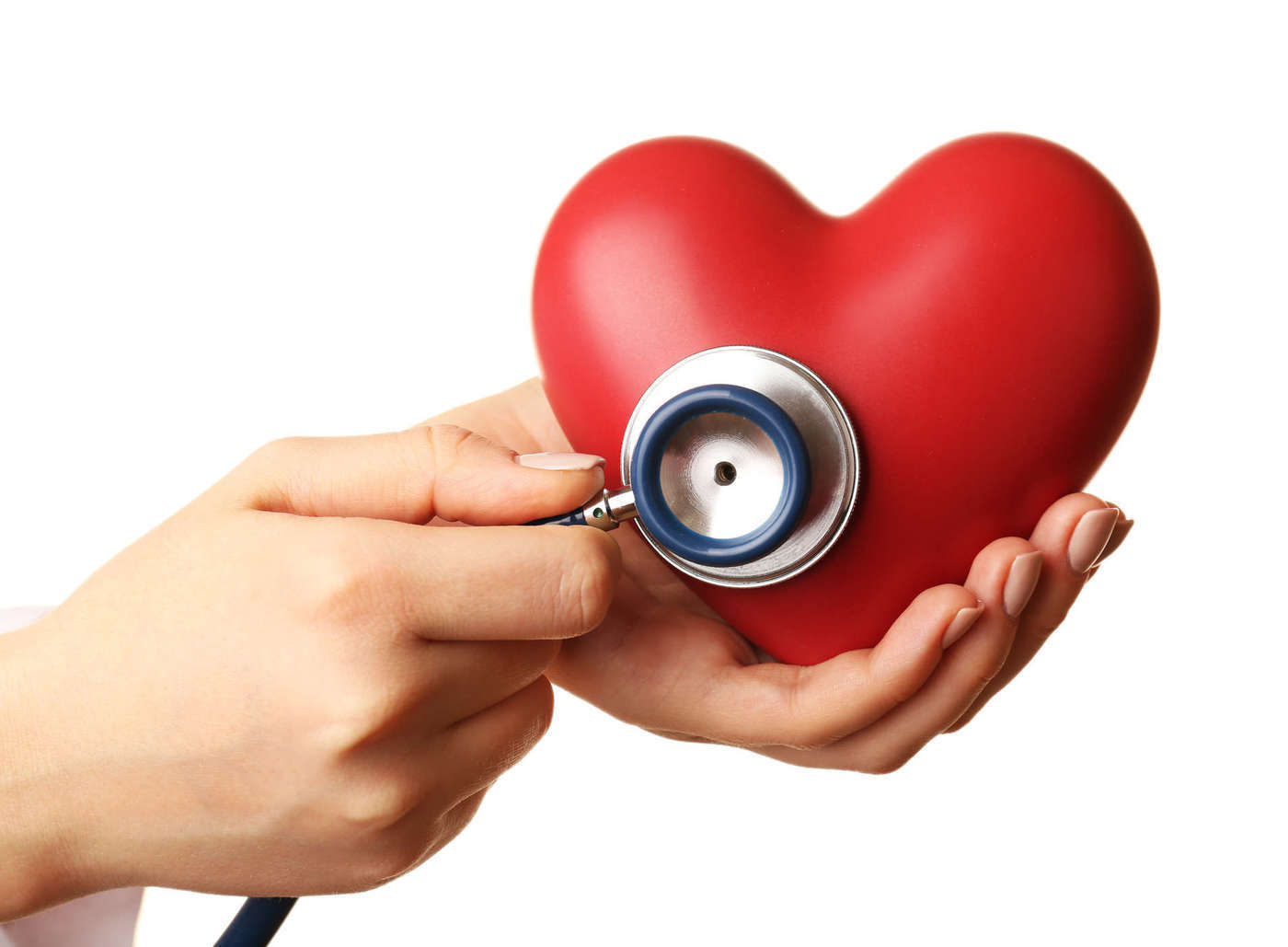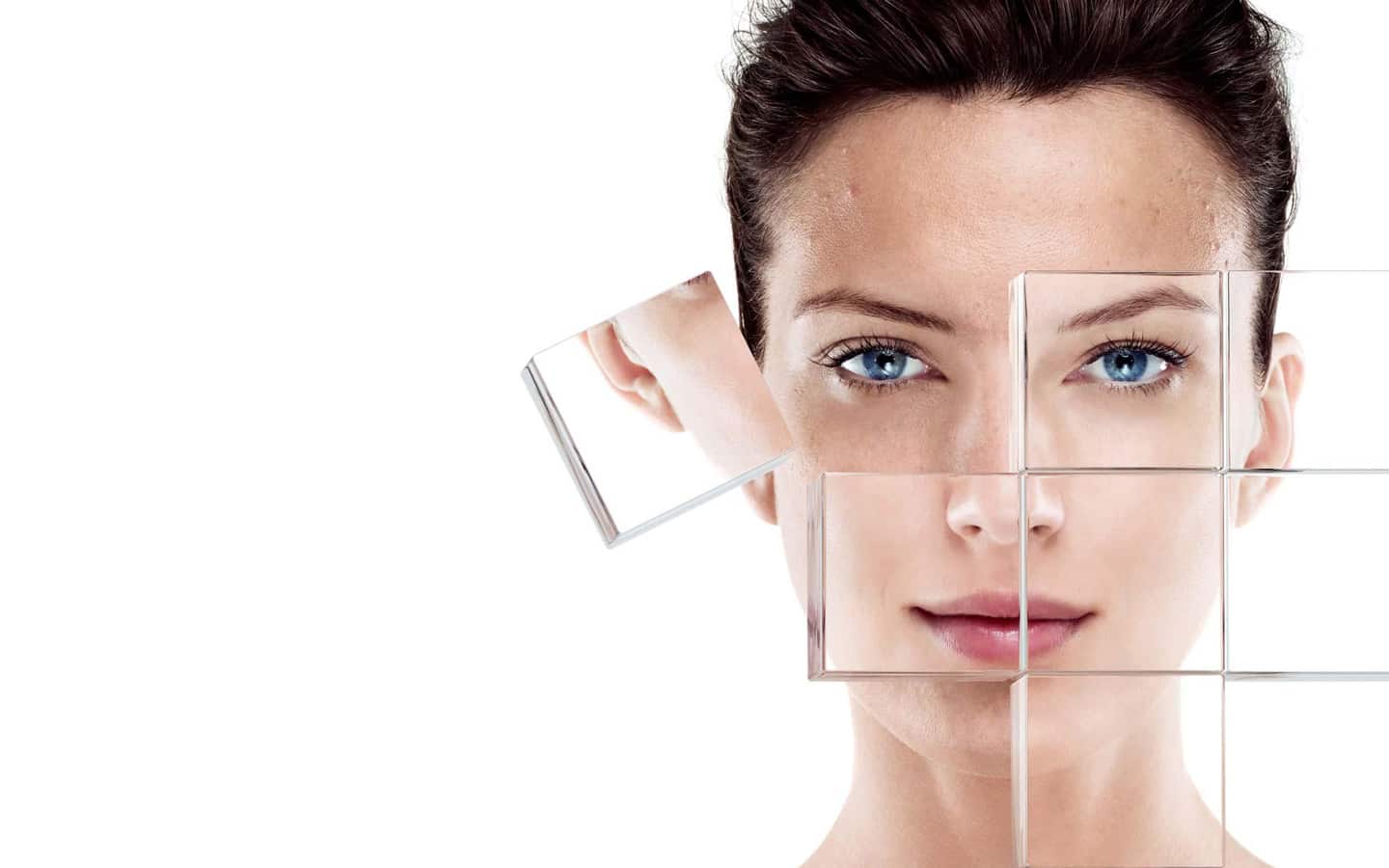Contents:
- Medical Video: Chelation Treatments? What Are They? Do They Reduce Plaque in Arteries?
- How is chelation therapy done?
- What are the risks?
- How to prepare it?
- What are the therapeutic processes?
- What can I expect after the procedure?
Medical Video: Chelation Treatments? What Are They? Do They Reduce Plaque in Arteries?
Chelation therapy has been used as a treatment for mercury poisoning and lead. This therapy is not proven to be able to treat heart disease, and can be dangerous if used as a treatment for heart disease. Nonetheless, some doctors and practitioners of alternative medicine have used chelation therapy to treat heart disease and stroke.
The theory about utilizing chelation therapy for heart disease is that this drug is used in the treatment of binding calcium in a pile of fat (plaque) in the arteries. Once the drug binds calcium, the plaque will disappear because the drug moves through the bloodstream.
The safety and effectiveness of chelation therapy for heart disease cannot be ascertained, even after the results of the largest study carried out so far, Experiments for Assessing Trial to Assess Chelation Therapy (TACT), sponsored by the National Institutes of Health.
Neither the American Heart Association nor the American University of Cardiology recommend chelation therapy as a treatment for heart disease, and the Food and Drug Administration has not approved chelation therapy as a way to treat heart disease.
How is chelation therapy done?
In chelation therapy, a drug dose called ethylenediaminetetraacetic acid (EDTA) is inserted through an intravenous (IV) tube. This drug searches and finds and binds minerals in the bloodstream. As soon as the drug binds to the mineral, the compound that leaves the body is created in the urine.
Effective chelation therapy to treat lead or mercury poisoning. Some doctors think that chelation therapy can begin to cure heart disease by binding to calcium in arterial blocking plaques and eliminating it. No studies have proven that this process works.
What are the risks?
Some doctors worry about the safety of chelation therapy as a treatment for heart disease. The heat sensation at the injection site is the most common side effect. Less common but more serious side effects of chelation therapy that might appear are:
- Fever
- Blood pressure suddenly decreases
- Headache
- Nausea
- Gag
- Unable to create new blood cells
- Unusually low levels of calcium in the blood (hypocalcemia)
Remember that in chelation therapy, the drug binds not only metals and calcium in the blood but also minerals that are an important part of food.
In chelation therapy, you will be given a vitamin supplement that contains large amounts of minerals removed from the body in chelation therapy. Rare complications in chelation therapy include permanent kidney damage or failure. Death has occurred in several chelation studies.
Because chelation therapy has a known risk and unknown benefits, talk to your doctor before trying it as a way to treat heart disease.
How to prepare it?
Before you choose chelation therapy for heart disease, talk to your doctor about all the risks involved in the procedure.
After considering the risks, if you decide to undergo chelation therapy, there is no special preparation that is important. You will have to sit on a chair for several hours to receive chelation therapy, so wear the most comfortable clothes on your visit.
What are the therapeutic processes?
Chelation therapy is carried out for 5-30 treatments with doctors or alternative medicine practitioners. During each treatment, you sit on an IV chair and hose is placed in your hand or arm. The solution is given by IV hose. Each treatment usually takes several hours. You may feel a little stung or burning at the injection site.
What can I expect after the procedure?
After the procedure, you may carry out daily activities. You will be able to go home by driving a car, eat as usual, and do housework normally. You may notice that your ankles are swollen or you urinate more than usual, because some of the liquid in the solution is injected during chelation therapy.
Because the solution used in chelation therapy also binds vitamins and minerals in the blood circulation, you will need to take supplements after the procedure to replace them. You will take the pill until you have completed a series of chelation treatments. Because supplements are strong, follow the instructions carefully.
It is not clear whether chelation therapy is able to prevent or treat heart disease.












